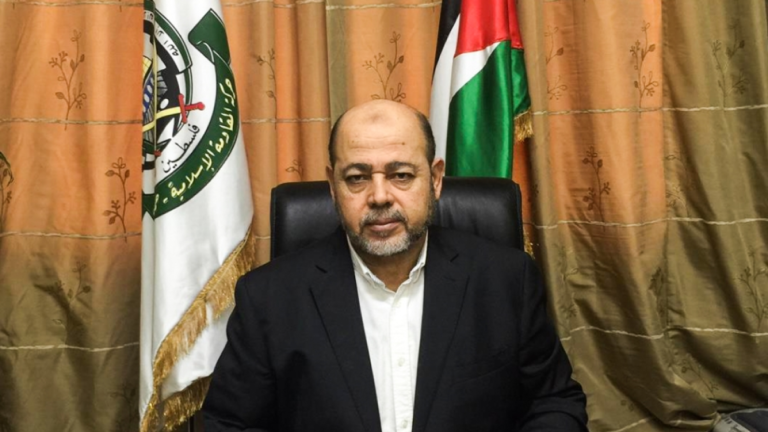 Republican governors scored easy political points by rejecting President Barack Obama’s plan to enroll more poor people in government health insurance.
Republican governors scored easy political points by rejecting President Barack Obama’s plan to enroll more poor people in government health insurance.
Now Republican leaders in Georgia and Mississippi may be bailing out hospitals that will lose funding they would have gotten from Obama’s health care law. South Carolina’s leaders increased payments to some hospitals in a push to improve rural health, though the extra money likely placated hospital officials who might otherwise have pressured Republicans to adopt the Democratic plan.
The basic problem is simple: Obama’s overhaul is not being implemented as was planned. Its designers assumed that very few people would lack health insurance, meaning the U.S. government could reduce the payments it makes to hospitals for treating poor and uninsured patients. But after a U.S. Supreme Court ruling, 25 states refused to expand their government-funded Medicaid programs or are still debating it, leaving large numbers of the poor without health insurance. Without health insurance, those low-income patients cannot fully pay for treatment.
Hospitals in the holdout states still have to treat the poor, but they will get less money for doing it.
In Georgia, there’s concern about the finances of Atlanta’s Grady Memorial Hospital, a regional trauma center and safety net hospital for poor patients. About 60 percent of Grady’s patients are either uninsured or on Medicaid. Hospital officials project the federal spending cuts could cost it $141 million.
“You’re talking about a large number of uninsured, you’re talking about a Trauma I center,” said Chris Riley, chief of staff for Georgia Gov. Nathan Deal, “and you’re talking about a hospital that serves a very primary purpose, covers a lot of Georgia residents.”
Like his counterparts in other Southern states, Deal has rejected Obama’s plan to expand eligibility rules so people who cannot afford to buy subsidized health insurance plans on government exchanges can enroll in Medicaid, a public program that funds health care for the needy, aged, disabled and poor families with children. The federal government has pledged to pay the full cost of Medicaid expansion for three years, before lowering its share to 90 percent.
Georgia state Rep. Terry England, a senior Republican lawmaker tasked with drafting the budget, said he has discussed packages that could include payments to hospitals and run in the tens of millions of dollars. He called it cheaper than a Medicaid expansion. While discussions are ongoing, no formal proposal has been put forward.
Allowing a hospital such as Grady to slip into a crisis would be bad election-year politics. Deal faces two longshot Republican challengers in a primary this year, and the winner will run against Democratic state Sen. Jason Carter, the grandson of former President Jimmy Carter.
Other states are attempting partial fixes. In November, Mississippi Gov. Phil Bryant proposed sending an additional $4.4 million to make up for Medicaid cuts that were later delayed by Congress. He has chastised state lawmakers who tried last year pressuring him into expanding the Medicaid system.
“For us to enter into an expansion program would be a fool’s errand,” Bryant told The Associated Press in a December interview.
He also raised the concern — which has been echoed by other Republican governors — that states could be left with the tab if the federal government isn’t able to keep its promises on funding the expansion.
“I mean, here we would be saying to 300,000 Mississippians, ‘We’re going to provide Medicaid coverage to you,’ and then the federal government through Congress or through the Senate, would do away with or alter the Affordable Care Act, and then we have no way to pay that. We have no way to continue the coverage.”
South Carolina has taken a different approach. The state government raised the Medicaid reimbursements it pays rural, often financially struggling hospitals — from 60 percent of an uninsured patient’s bill to 100 percent. The change was part of a larger, $90 million effort — $48 million of it paid with state taxes — approved in this year’s budget. Gov. Nikki Haley’s administration called it a way to find and improve the health of South Carolina’s most vulnerable residents, focusing on rural areas. As a political benefit, it eased pressure on the same hospitals that would have the most to gain from a Medicaid expansion.
There is also a lack of consensus about how much expanding Medicaid would cost each state.
In Georgia, Deal’s budget officials estimate that expanding Georgia’s Medicaid system over a decade would cost the state government $2.8 billion. The first full year of an expansion would run about $48 million, or less than 1 percent of Georgia’s proposed state budget. Those costs would rise to nearly $498 million by 2023.
The estimates do not include the cost of covering people expected to enroll in Medicaid as they learn they are already eligible. They also exclude the cost of changes that will happen regardless of whether Georgia expands its Medicaid program or not.
However, the Georgia Budget and Policy Institute, which supports an expansion, estimates the costs of enlarging Medicaid may average around $35 million annually after taking into account new taxes that offset costs.
“What makes the Medicaid expansion so hard to compete with from an alternative standpoint is that it’s so much money,” said Tim Sweeney, the institute’s director of health policy.
(AP)











One Response
The only acceptable bailout would be a FULL REPEAL OF OBAMADOESNTCARE!!